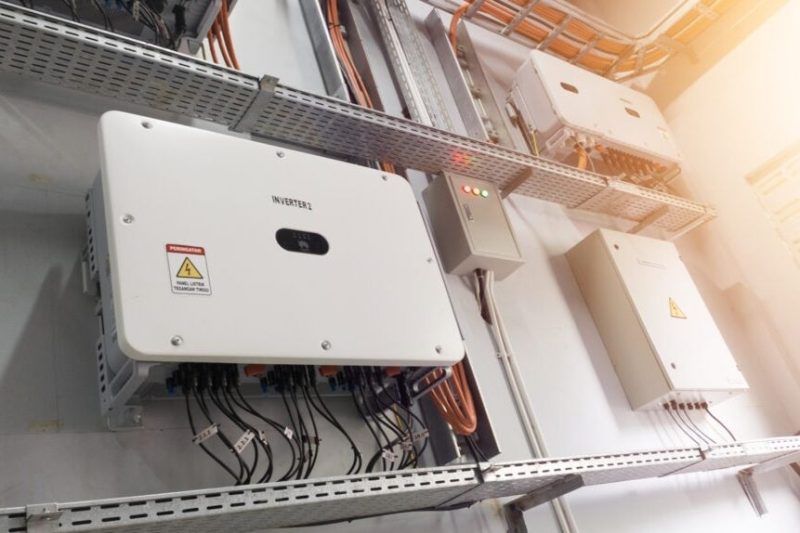
The Department of Energy (DOE) has issued a stark warning about a significant national security risk: the discovery of Chinese-made communication devices embedded within critical renewable energy infrastructure, specifically power inverters. This revelation has sent shockwaves through the industry and raised serious concerns about potential vulnerabilities and foreign influence within the US power grid.
The presence of these devices, often undetected, poses a serious threat. They could be used for espionage, sabotage, or even complete control of vital energy systems. This isn’t just a theoretical risk; the potential for widespread disruption and damage to the national power grid is very real, highlighting the critical need for enhanced security measures in the renewable energy sector.
While the DOE hasn’t publicly identified specific companies affected, the news has cast a shadow over the entire industry, especially publicly traded US solar companies. Investors are now closely examining their portfolios and the supply chains of companies involved in the production and installation of renewable energy equipment. This heightened scrutiny is likely to impact several players in the market, potentially influencing stock prices in the short and long term. Two companies that have already seen increased attention from investors are CMS Energy (NYSE:CMS) and Duke Energy (NYSE:DUK), though it’s important to note that neither company has been directly implicated in the issue.
This situation underscores the growing importance of supply chain security and the need for greater transparency and oversight within the renewable energy sector. The DOE’s warning serves as a crucial wake-up call, prompting a critical reassessment of how the US secures its energy infrastructure and reduces reliance on potentially compromised components. The investigation is ongoing, and further details are expected to emerge in the coming weeks and months, potentially revealing the full extent of the problem and its implications for the energy sector and national security. This is a developing story, and we’ll continue to provide updates as more information becomes available.










